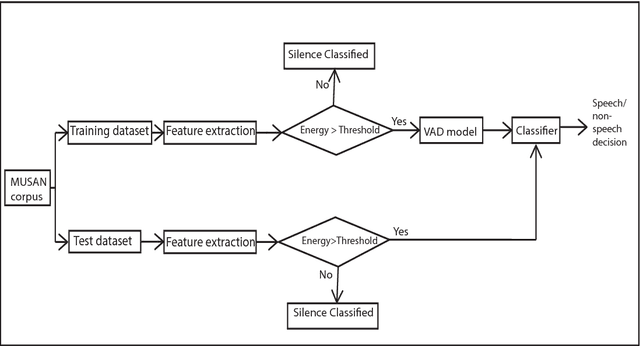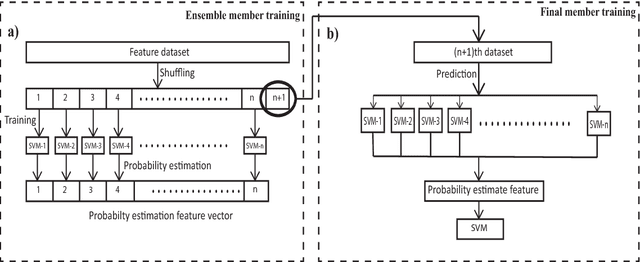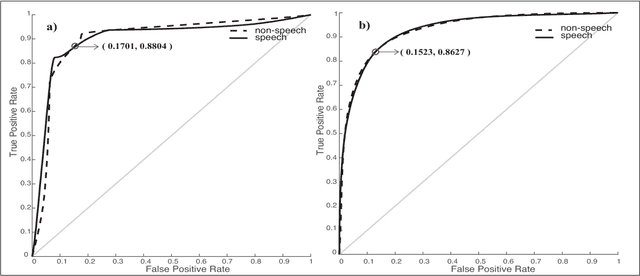Md Sanzid Bin Hossain
Location Agnostic Adaptive Rain Precipitation Prediction using Deep Learning
Feb 02, 2024Abstract:Rain precipitation prediction is a challenging task as it depends on weather and meteorological features which vary from location to location. As a result, a prediction model that performs well at one location does not perform well at other locations due to the distribution shifts. In addition, due to global warming, the weather patterns are changing very rapidly year by year which creates the possibility of ineffectiveness of those models even at the same location as time passes. In our work, we have proposed an adaptive deep learning-based framework in order to provide a solution to the aforementioned challenges. Our method can generalize the model for the prediction of precipitation for any location where the methods without adaptation fail. Our method has shown 43.51%, 5.09%, and 38.62% improvement after adaptation using a deep neural network for predicting the precipitation of Paris, Los Angeles, and Tokyo, respectively.
Comparative Evaluation of Weather Forecasting using Machine Learning Models
Feb 02, 2024Abstract:Gaining a deeper understanding of weather and being able to predict its future conduct have always been considered important endeavors for the growth of our society. This research paper explores the advancements in understanding and predicting nature's behavior, particularly in the context of weather forecasting, through the application of machine learning algorithms. By leveraging the power of machine learning, data mining, and data analysis techniques, significant progress has been made in this field. This study focuses on analyzing the contributions of various machine learning algorithms in predicting precipitation and temperature patterns using a 20-year dataset from a single weather station in Dhaka city. Algorithms such as Gradient Boosting, AdaBoosting, Artificial Neural Network, Stacking Random Forest, Stacking Neural Network, and Stacking KNN are evaluated and compared based on their performance metrics, including Confusion matrix measurements. The findings highlight remarkable achievements and provide valuable insights into their performances and features correlation.
An Ensemble SVM-based Approach for Voice Activity Detection
Feb 05, 2019



Abstract:Voice activity detection (VAD), used as the front end of speech enhancement, speech and speaker recognition algorithms, determines the overall accuracy and efficiency of the algorithms. Therefore, a VAD with low complexity and high accuracy is highly desirable for speech processing applications. In this paper, we propose a novel training method on large dataset for supervised learning-based VAD system using support vector machine (SVM). Despite of high classification accuracy of support vector machines (SVM), trivial SVM is not suitable for classification of large data sets needed for a good VAD system because of high training complexity. To overcome this problem, a novel ensemble-based approach using SVM has been proposed in this paper.The performance of the proposed ensemble structure has been compared with a feedforward neural network (NN). Although NN performs better than single SVM-based VAD trained on a small portion of the training data, ensemble SVM gives accuracy comparable to neural network-based VAD. Ensemble SVM and NN give 88.74% and 86.28% accuracy respectively whereas the stand-alone SVM shows 57.05% accuracy on average on the test dataset.
 Add to Chrome
Add to Chrome Add to Firefox
Add to Firefox Add to Edge
Add to Edge